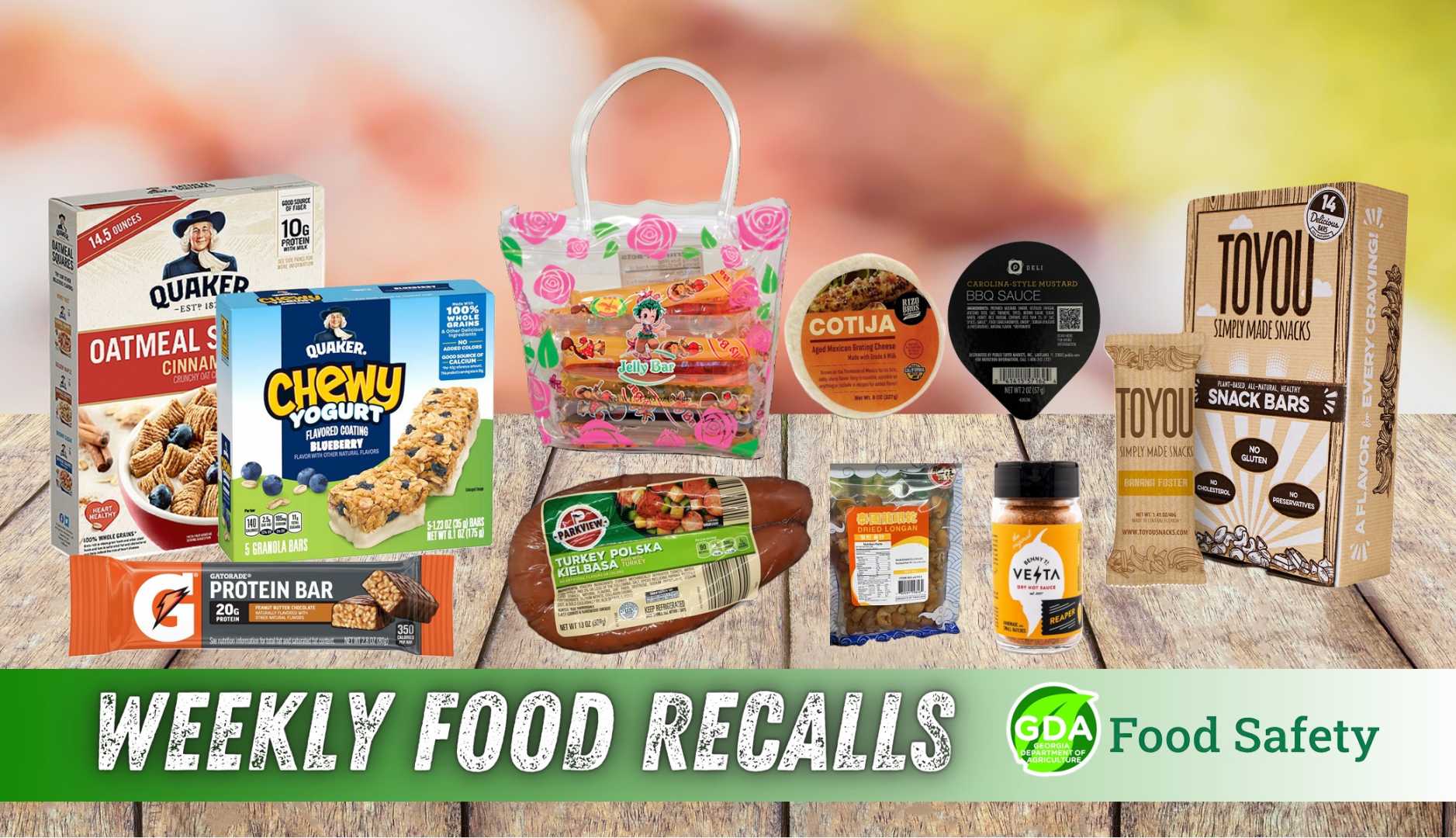News
Recent Surge in Food Recalls Raises Concerns Over U.S. Food Safety

Concerns over food safety have escalated in recent weeks due to a series of high-profile food recalls and illness outbreaks in the United States. The incidents involve products from well-known brands such as Boar's Head deli meats and McDonald's Quarter Pounders, highlighting significant public health risks.
A recent outbreak linked to McDonald’s Quarter Pounders has resulted in one fatality and 49 illnesses, with fresh sliced onions supplied by Taylor Farms identified as a likely source of E. coli contamination. Taylor Farms has initiated a recall of various yellow onion products, and McDonald’s has temporarily stopped selling Quarter Pounders in several states, including Colorado, Utah, Wyoming, Iowa, Montana, Nebraska, New Mexico, and Oklahoma.
Another alarming incident involves Boar’s Head deli meats, which have been linked to a deadly listeria outbreak resulting in at least ten fatalities and nearly fifty hospitalizations. These outbreaks have prompted questions about the efficacy of the U.S. food safety system, despite the FDA‘s assertion that the U.S. ranks highly in food safety globally.
The FDA and the USDA, the primary federal agencies overseeing food safety, issue over 300 recalls and alerts annually. However, experts note that while these measures are crucial, they do not guarantee absolute safety. The Food Safety Modernization Act of 2011 and new regulations set to be implemented in 2026 aim to enhance traceability and safety protocols, but funding constraints for public health agencies could hinder these efforts.
Industry insiders attribute the increase in recalls partly to improved technology and tracking capabilities that can detect outbreaks more quickly. However, they also point out that the complexity and processing of modern food systems introduce additional risks. For instance, the use of pre-processed foods can save costs but increases the risk of contamination.
Consumers are advised to practice safe food handling techniques, such as preventing cross-contamination, ensuring proper food storage, and regularly washing hands and sanitizing kitchen surfaces and utensils. Advocating for food safety by communicating with grocery stores, restaurants, and government representatives is also recommended.












